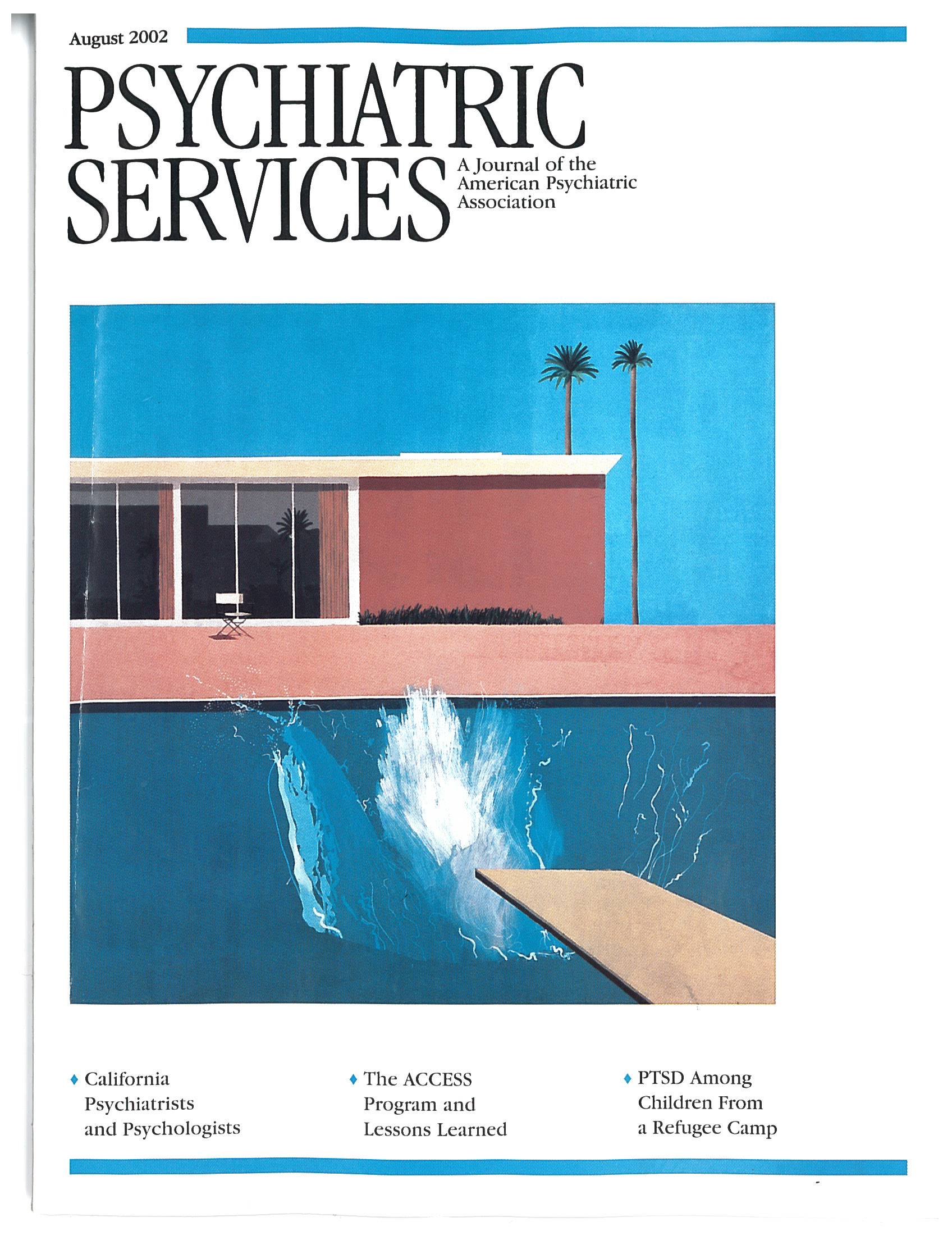To the Editor: In the April 2002 Taking Issue column, Drs. Chinman and Borus (
1) commented on some of the features of the managed behavioral health care program that we described in an article in the same issue (
2). We take this opportunity to respond to their questions about our program in the department of psychiatry at Johns Hopkins School of Medicine.
We did not have detailed utilization data or any financial data from CMG, the for-profit managed care organization that held the contract before we assumed the risk. Such data were considered proprietary, although CMG was very cooperative in providing data necessary for continuity of care for active patients during the last three months of its contract.
Drs. Chinman and Borus wrote, "Thus it is hard to accept on faith that the data for 1998 to 2000 demonstrate improved management." No attempt was made in our report to assert that management improved. Our more modest goal was to describe the transition from a for-profit managed care organization to our department of psychiatry and to report utilization and financial data for the first two years of managing the new contract.
These authors also wrote, "Finally, despite the large positive differences between income and expenses under this contract, the department and MSC [Johns Hopkins Medical Services Corporation] each made only $18,000 the first year and $29,000 the second." We do not know where they obtained these figures—they were not in our report, and we hope they could not be computed from data we provided. In any case, not counting the fee-for-service revenues from the clinical services we provided, the department had a positive balance of about $70,000 for each of the two years. This amount was the maximum possible because of our limited risk exposure. MSC, which had agreed by contract to full risk exposure, retained a balance of $294,000 for the first year and $519,000 for the second.
Drs. Chinman and Borus requested more demographic data on the population. But then they accurately described the population that we studied. They added, "It is unlikely to include a substantial Medicaid or disabled Medicare component." They are correct in that we have no Medicaid members. However, although U.S. Family Health Plan members are prohibited from accessing their Medicare benefits, except for services not covered under the TRICARE uniform benefit, members who are 65 years and older and eligible for Medicare constitute 25 percent of our enrolled population. Drs. Chinman and Borus sound a valid caveat about generalizing our data to diverse populations.
Finally, Drs. Chinman and Borus commented on the integration of our program with primary care physicians. They wrote, "However, it is not clear who these physicians were and what incentives they were given to work closely with behavioral health providers." The primary care physicians are employees of Johns Hopkins MSC and work at physician practices owned or leased by MSC. The issue of incentives for collaboration is truly a Taking Issue topic. We did not address it in the report, and it seems to us that if primary care and mental health services are to be integrated in a system, incentives—both financial incentives and those fostering integration required by the position description—will have to be in place. We are grateful to Drs. Chinman and Borus for reminding us of the work that is yet to be done.

